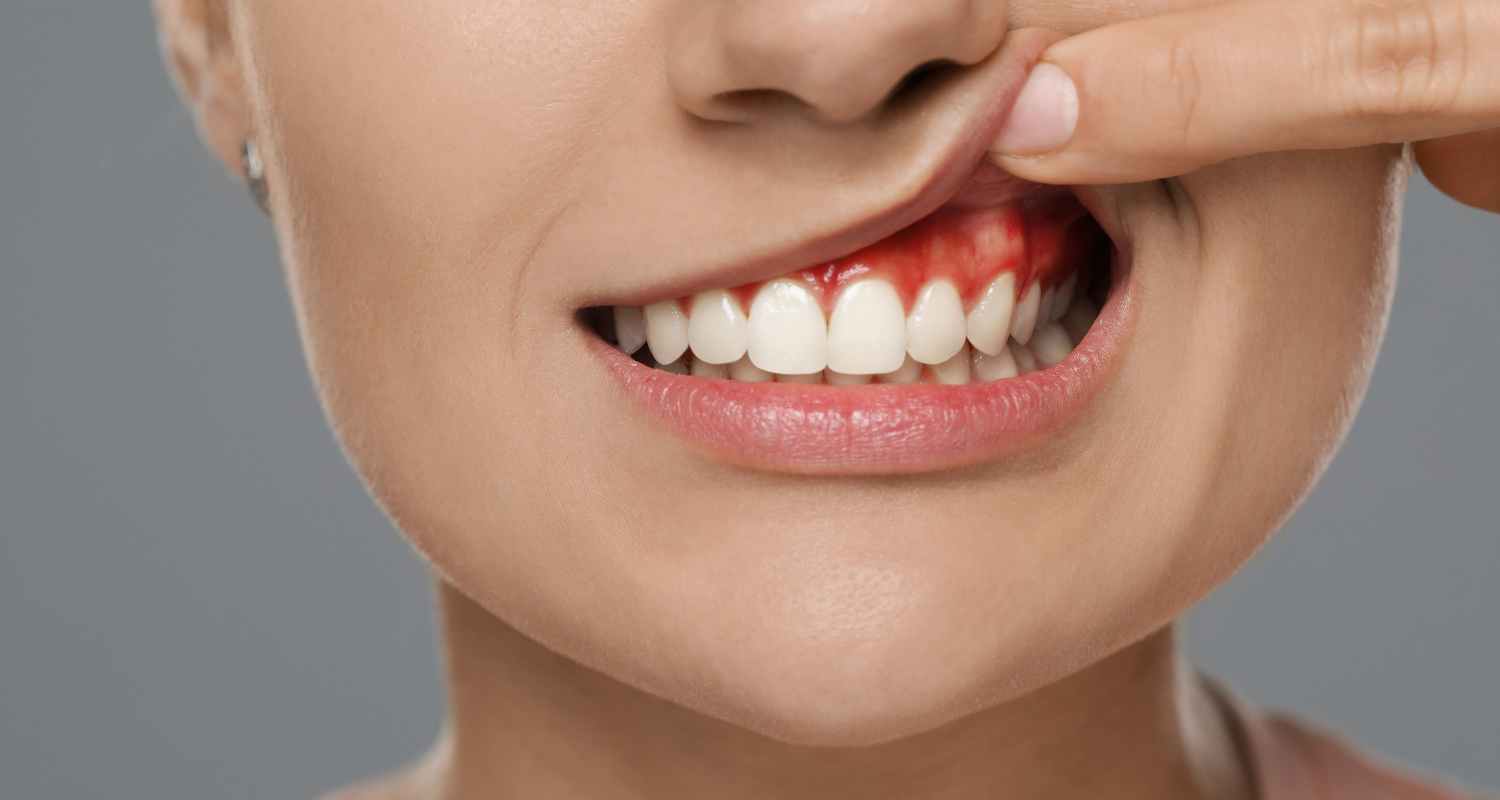A throbbing toothache that just won’t quit, swelling in your gums, and a persistent bad taste in your mouth – these could be signs of a dental abscess, a serious infection that requires immediate attention. This guide provides Saint John, NB residents with essential information on recognizing, treating, and preventing dental abscesses and infections.
What is a Dental Abscess?
A dental abscess is a localized infection filled with pus that forms in the teeth, gums, or surrounding bone. It’s typically caused by bacteria that invade the tooth through a cavity, a crack, or gum disease. The infection can spread to the surrounding tissues and, if left untreated, can lead to serious complications.
Recognizing the Signs: Is it a Dental Abscess?
- Severe Toothache: A persistent, throbbing pain that intensifies when you bite or chew.
- Swelling: Swelling in the gums, face, or jaw.
- Redness and Tenderness: The gums around the affected tooth may be red, swollen, and tender to the touch.
- Sensitivity: The tooth may be sensitive to hot, cold, or sweet stimuli.
- Bad Taste or Smell: You may notice a persistent bad taste or foul smell in your mouth.
- Fever: In some cases, you may develop a fever as your body fights the infection.
- Difficulty Swallowing or Breathing: In severe cases, the swelling may obstruct your airway, making it difficult to swallow or breathe.
What to Do If You Suspect a Dental Abscess:
- Contact Your Dentist Immediately:Call your dentist or an emergency dental clinic in Saint John right away. Explain your symptoms so they can prioritize your case and provide guidance.
- Pain Relief and Swelling Reduction:
- Over-the-Counter Pain Relievers: Take over-the-counter pain relievers like ibuprofen or acetaminophen as directed to manage pain and inflammation.
- Cold Compress: Apply a cold compress to the outside of your cheek to reduce swelling.
- Rinse with Warm Salt Water:Gently rinse your mouth with warm salt water several times a day. This can help reduce pain and inflammation.
- Avoid Irritants:Avoid chewing on the affected side of your mouth and stay away from very hot or cold foods and drinks.
- Do NOT Attempt to Drain the Abscess Yourself:Trying to drain the abscess yourself can push the infection deeper into the tissues and cause serious complications.
Emergency Dental Treatment for Abscesses:
Your dentist will likely perform the following procedures to treat the abscess:
- Incision and Drainage: The dentist will make a small incision to drain the pus from the abscess.
- Root Canal: If the infection originated inside the tooth, a root canal may be necessary to remove the infected pulp and bacteria.
- Antibiotics: The dentist may prescribe antibiotics to help fight the infection and prevent it from spreading.
- Pain Management: You may be prescribed stronger pain medication if needed.
- Follow-Up Care: You’ll likely need follow-up appointments to monitor healing and ensure the infection is completely resolved.
Possible Complications of Untreated Dental Abscesses:
- Spread of Infection: The infection can spread to the jawbone, surrounding tissues, and even other parts of the body.
- Sepsis: In severe cases, the infection can enter the bloodstream, leading to sepsis, a life-threatening condition.
- Airway Obstruction: Swelling in the face or neck can obstruct the airway, making it difficult to breathe.
- Tooth Loss: The infection can damage the tooth and surrounding tissues, potentially leading to tooth loss.
Preventing Dental Abscesses and Infections:
- Maintain Excellent Oral Hygiene: Brush your teeth twice a day with fluoride toothpaste, floss daily, and use mouthwash to remove plaque and food particles.
- Regular Dental Checkups and Cleanings: Visit your dentist at least twice a year for professional cleanings and exams to identify and address potential problems early on.
- Treat Dental Problems Promptly: Don’t delay treatment for any dental concerns, such as cavities or gum disease, as these can lead to abscesses.
- Protect Your Teeth: Wear a mouthguard during sports activities to prevent tooth injuries.
- Healthy Diet: Limit sugary and acidic foods and drinks to minimize the risk of cavities and enamel erosion.
Finding Emergency Dental Care in Saint John:
- Your Regular Dentist: Your first call should be to your regular dentist, as they may offer emergency appointments.
- Emergency Dental Clinics: Several dental clinics in Saint John specialize in emergency dental care, offering extended hours and same-day appointments. Search online or check your local directory for “emergency dentist Saint John.”
- Saint John Regional Hospital: The hospital’s emergency department can provide care for severe dental emergencies or facial swelling that affects breathing.
Don’t Ignore the Warning Signs
A dental abscess is a serious condition that requires prompt treatment. By recognizing the signs, taking appropriate first-aid measures, and seeking immediate dental care in Saint John, you can prevent complications and protect your oral health. Remember, your dentist is your partner in oral health. Don’t hesitate to reach out to them for guidance and support during a dental emergency.
If you have any questions or concerns, please contact us. Or if you’d like to visit our dental clinic, please find us on Google Maps.


